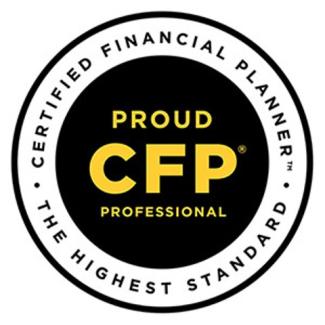
What Certifications Should I Look For In A Financial Advisor?
From time to time I have people that notice how many degrees and certifications we hold at BCR. They ask me, “Why do you look for people who spend so much time studying? It appears that most of the financial industry has little to no specialization and they do quite well.”
Sadly, I understand exactly what they mean. Many in the financial industry are hired to represent investment products after passing basic governmental tests—that I consider similar to passing a driver’s license test. They can make a living based strictly upon their sales ability, not their ability to faithfully and helpfully advise their clients. Most of the general public thinks that our government has regulations to screen financial advisors. What they do not understand is that our court system actually sees the broker-dealer side of the financial industry as “buyer beware.”
There are a plethora of certifications out there and some require more effort and knowledge than others. We believe strongly that the highest credentials in financial advising for individuals are the CPA with a PFS or a CFP®, and the highest credentials for work with a retirement plan is the AIF®.
We focus on our passion to help people succeed. Our degrees and certifications equip us to provide our best advice. The CFP Board created a very clever advertisement in 2014 that showed exactly what I am talking about. In their words:
A FAKE FINANCIAL FIRM, A MAN WITH ZERO FINANCIAL EXPERIENCE AND SIX HIDDEN CAMERAS.
The fact is, anyone can claim to be a financial advisor. To underscore the inherent problem with this, we recently conducted an informal experiment. Would real people possibly mistake someone completely unqualified to handle their finances for a qualified financial advisor?
To pull it off, we established a faux financial firm on the 48th floor of a prominent office building. The firm’s key feature? A conference room constructed with fake walls, two-way mirrors and six hidden cameras. Once we were properly set up, we invited real people to receive a brief presentation from a man claiming to be a financial advisor. In actuality, he was a professional DJ equipped with little more than a few financial-sounding phrases and a personable demeanor.
So, would anyone fall for the ruse? The answer was a surprising yes. Not only did the majority of people believe they were meeting with a real financial advisor, many described him as being knowledgeable, capable and trustworthy.
Clearly the experiment makes a very serious point. If you’re not partnering with someone who’s thoroughly vetted, do you really know who you’re working with?”
-Marshall Rathmell-

